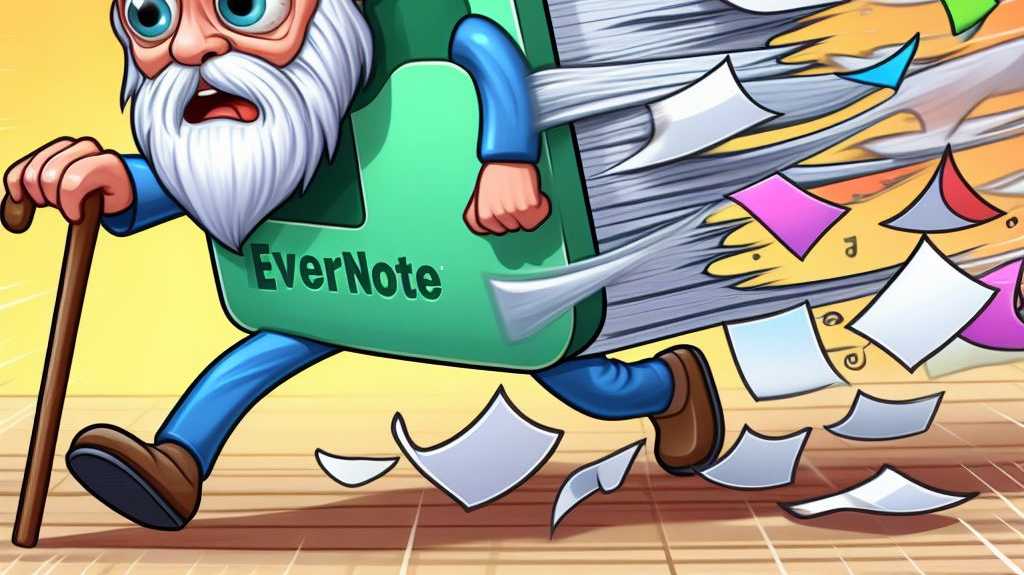The Downfall of Evernote

I joined Evernote on December 1st, 2011. For many years, it served as my second brain, a scratchpad for ideas, a service I relied on to help me remember things and organise my life.
After being a consistent engaged user for 13 years (despite the persistent upsells and ever growing hostility of their UX towards the ‘free user’), Evernote decided that time was up - enough was enough; no more free rides. Unless you subscribed, you were limited to 50 notes.
By then, I had over 800 notes, so I was clearly not very impressed with their decision. And that’s how I found myself spending 5 minutes during my Christmas break to import everything I had from Evernote into Notion, and I’m not looking back.
Evernote is dead to me, and I think it’s truly on its last legs, because:
Trust takes a long time to build and is quickly destroyed
If Evernote turned around and reversed course, I would not return. In fact, I would actively avoid it based on how they treated me as a user; especially as a non-subscriber. They also have no other avenue to rebuild this trust; they have no moat, no suite of products, nothing - this was meant to be their specialty, and they blew it.
Their business model and incentives are bad for users
The competitive landscape around Evernote is very different today than last decade. There are plenty of excellent and free alternatives - Notion, Monday.com offers a free tier, Google Docs, OneNote... a plethora of services to keep an easily accessible store of notes online which Evernote competes with today. Why would I pay any amount of money per month to Evernote, for no marginal improvement in utility?
Switching to the stick approach to convert an existing user into paid subscribers backfired for me, and I don’t see it working successfully based on similar comments voiced across the internet.
There were better ways they could have managed this:
- the carrot subscription approach with Duolingo, where the emphasis is very clear on demonstrating the benefits of being on Super Duolingo, but if you aren’t on it you never feel kneecapped
- find some other way to monetise their userbase, or at least make free users a net-zero cost with advertising or something else
I swear this post is not an ad for Notion, but even their business model scales better: offer the personal version for individuals without limits, and monetise from business and larger organisations which will subsidise the overall platform.
Evernote somehow managed to start with a commanding lead in the space, and throw it all into the gutter by attempting to bleed a stone dry.
Happy New Year, and goodbye Evernote - I should have left you behind long before 2024.